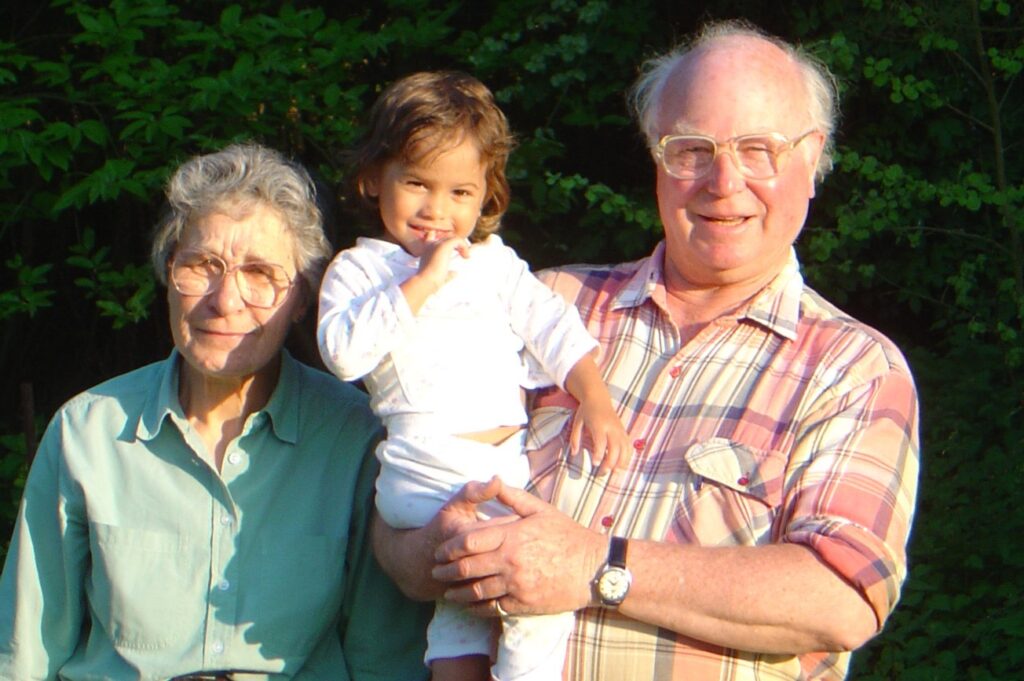
Almost 10 years ago, with help from dementia care professionals, we managed permanent residential care for my husband, Mike, who has frontotemporal degeneration (FTD). He was well supported by his psychiatric care team, but after the relief of knowing he would have 24-hour care, I was left with deep grief and sadness. Grief that his dementia was progressing so quickly that I was losing him and sadness that it was not safe for me to care for him at home.
In the middle of this emotional time, I was phoned by someone from the local council’s Deprivation of Liberty team who bluntly took me through a questionnaire about Mike’s liberty without much explanation to what this meant. I was left shaken, uneasy and a deep sense of guilt that I had deprived my husband’s freedom.
I wish I had been prepared for this interview by our family social worker, or the care team, so I wanted to write this blog piece to explain what Deprivation of Liberty Safeguarding (DoLS) is and to help other others be prepared for that phone call if their cared-for person needs residential care because of mental capacity.
The first thing to say is that DoLS has a new, and I feel, more appropriate name: Liberty Protection Safeguards (LPS). LPS is rooted in the Mental Capacity Act 2005 and sets out to keep safe the rights or people who need supervised care (a care home in our case) and who do not have the capacity to consent to the care arrangements. The government’s website has more information here: https://www.gov.uk/government/publications/liberty-protection-safeguards-factsheets/liberty-protection-safeguards-what-they-are Note: it is not the same as being detained under the Mental Health Act 1983.
I was contacted because I am Mike’s nominated representative and each year now, I have a paper copy LPS questionnaire to review, sign and return. It is a quite simple and angst- free process. On reflection, I was unlucky to have been initially phoned by someone so brusque that I felt accused. Of course, liberty is a huge concern and should be monitored and I am glad Mike’s case is reviewed.
Mike is fortunate to have exceptional around the clock care in his home. He is safe, physically well and is involved in enjoyable activities. I have moved on from feeling guilty and know that his residential care is the furthest thing from deprivation.
Karen Hendrix, Carer, 2024

